Why Annual Board Assessments Matter for Nonprofit Governance
In the fast-moving world of nonprofit leadership, it’s easy for boards to focus solely on operational priorities—fundraising, programming, or crisis response. But strong governance doesn’t just happen in the background; it must be intentionally built and continuously improved. One of the most powerful and underutilized tools for board development is the annual board assessment.
An annual assessment is not about passing or failing—it’s about taking a reflective, structured look at how the board is performing its fiduciary, strategic, and generative responsibilities. It provides a rare opportunity for governance volunteers to identify strengths, confront gaps, and ensure the board is aligned and equipped to support the organization’s mission with clarity and confidence.
The Value of an Annual Governance Check-In
1. Celebrate Performance Successes and Acknowledge Shortfalls
Annual assessments bring visibility to what’s working well: strong committee contributions, informed decision-making, productive meetings, or successful leadership transitions. Equally, they highlight where the board may be falling short—lack of engagement, unclear roles, skill gaps, or issues of trust and communication.
2. Gather Diverse Viewpoints
Well-designed assessments invite all board members to voice their perspectives. This generates a 360-degree view of how governance is functioning. Are decisions transparent? Is oversight rigorous but respectful of management? Do board members feel heard and valued? These are insights that don’t always surface in regular meetings but are essential to strengthening board culture and effectiveness.
3. Ensure Accountability and Learning
Nonprofit boards are ultimately accountable for the health and direction of the organization. Assessment reinforces that accountability, while also promoting a culture of continuous learning. It sends a clear signal: excellence in governance matters here.
Methods of Board Assessment
Effective board evaluations don’t need to be cumbersome—but they do need to be intentional. Some proven methods include:
Confidential Surveys: Quantitative and qualitative feedback gathered through online tools or custom forms.
Structured Interviews or Focus Groups: Facilitated conversations that explore board dynamics, leadership, and strategic role clarity.
Self-Assessments and Peer Reviews: Board members assess their own performance and contributions, sometimes with input from their peers.
360 Reviews (for Board Chairs or Executive Committees): In-depth reviews of leadership effectiveness from multiple viewpoints.
Governance Workshops and Retreats: Using assessment findings to drive targeted board development efforts.
Whichever method is chosen, it’s critical that results are synthesized into clear themes and recommendations—and then acted upon. The real value lies not in the assessment itself, but in how the board uses the insights to evolve.
Measuring Outcomes and Impact
The goal of board assessment isn’t just internal improvement—it’s organizational impact. Over time, a board that engages in regular evaluation is more likely to:
Strengthen its oversight of financial health and risk
Improve strategic clarity and alignment
Build trust with the CEO and senior staff
Make more timely and informed decisions
Foster a more inclusive and high-functioning board culture
Board assessments also help attract and retain strong governance volunteers who value effectiveness and shared leadership. And for funders and partners, it signals that the organization takes governance seriously—an increasingly important measure of credibility and risk mitigation.
The Risks of Skipping Assessment
Without regular evaluation, boards risk drifting into complacency, misalignment, or dysfunction. Warning signs include meetings dominated by operations, unclear expectations of board members, uneven participation, or decisions being made without sufficient rigor or foresight. These issues may seem small until a crisis forces them into view—and by then, it’s often too late for proactive course correction.
Our Work Across Canada
At KDP Consulting Inc., we’ve had the privilege of working with nonprofit boards across Canada and the broader social impact sector. From national charities and community-based agencies to foundations and associations, we’ve helped boards build governance assessment processes that are honest, respectful, and future-focused.
Our approach is grounded in practicality, appreciative inquiry, and the belief that better governance leads to stronger impact. We tailor board assessments to the size, maturity, and context of each organization, ensuring that they not only diagnose but also catalyze meaningful improvement.
In an era where the demands on nonprofit boards have never been higher, there’s never been a better time to pause, reflect, and strengthen your governance foundation.
If your board is ready to move from good to great governance, let’s talk. Hit the link to start the conversation Contact Us.
